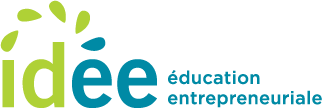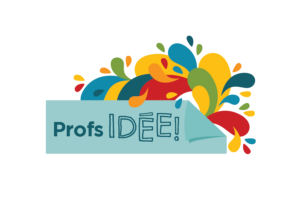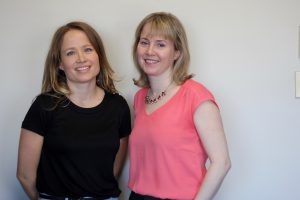
An integrated and comprehensive vision
The Entrepreneurial Community School tackles the basic principles of financial economic literacy using a learning process that is naturally adapted and integrated, taking into account the different age groups of the students. Besides fitting occasionally into certain subject matters, the concept of financial literacy is at the very heart of all entrepreneurial activities, projects and small business development.
The various aspects of financial or economic literacy are part of our day-to-day lives. Teaching them at school is not however something new. Some Canadian high schools still offer courses on economics in their curriculum. In today’s world, it’s become imperative that every student be better aware of and understand the basics of economics. Such knowledge will be a major benefit for his or her succeeding in everyday life, as a future employee and as a possible future entrepreneur.
We now live in a globalized, interconnected and interdependent world. Today the United Nations call for people all over the world, the rich countries in particular, to work with urgency towards sustainable growth and to engagingly seek in coming to economic agreements that will positively impact all our lives.
Without resorting to a specialized course already in the school timetable, conscious-minded entrepreneurship fosters several broader learning, notably in relation to the concepts of managing a bank account, spending, saving, investing, bank loans and reimbursing, financing, interest rates, mortgage, profits and losses, credit, accounting, account management, shareholding, etc. as well as getting a grasp on the major dimensions and sectors of the economy.
The Entrepreneurial Community School (ECE) : a kind of micro-society
The Entrepreneurial Community School, by means of several of its components making it resemble a kind of micro-society, allows for a better and deeper understanding of economic principles and concepts.
It is organized in such a way as to multiply the links between the school and the surrounding socio-economic environment, for example with people and organizations in their community involved in or working on financial or economic literacy. Several members of the surrounding community such as parents, grandparents, accountants, bank personnel, financial analysts and consultants, lawyers, etc. can be invited to take part in the entrepreneurial educational project of their school. Their testimonials and various contributions are to be encouraged and sought out on a regular basis.
A great deal of more in-depth learning, in particular that associated with the nature of banking, is possible by allowing leading students and adults (in the school and from the community) to get involved in the management of the learning component known as the Micro investment bank for conscious-minded entrepreneurship projects.
Other students will be able to integrate other concepts of financial and economic by taking part in project management as presented in the program component Micro Chamber of Commerce for entrepreneurs. (also called entrepreneurs and entrepreneurial youth council).
Our structuring components involving pedagogical microbusinesses make it possible for students to better seize and work with concepts such as supply and demand, sales tax, income tax, competition, pricing, sales, purchasing, sales and distribution strategies, marketing, inventory, financial management, budgeting, financing, financial statements, etc.. These basic concepts would then have to be put into context taking into consideration the economic systems in place, whether it be locally, regionally, nationally or internationally.
Success in life, whether it be personal, professional or as an entrepreneur, requires a knowledge on how to make enlightened decisions. Undeniably, developing and mastering financial and economic literacy know-how and skill sets can only be an asset in today’s world. The Entrepreneurial Community School, by design, favours and facilitates the acquisition of such learnings.








